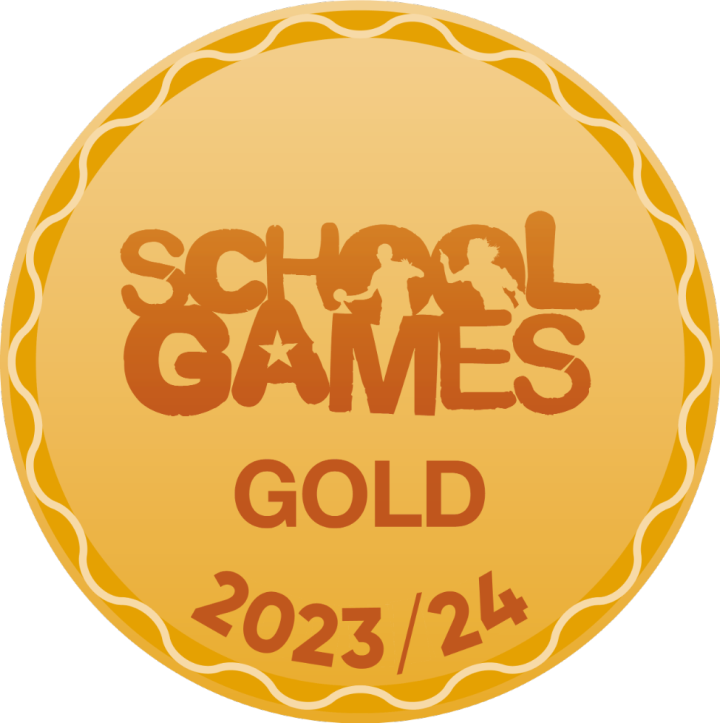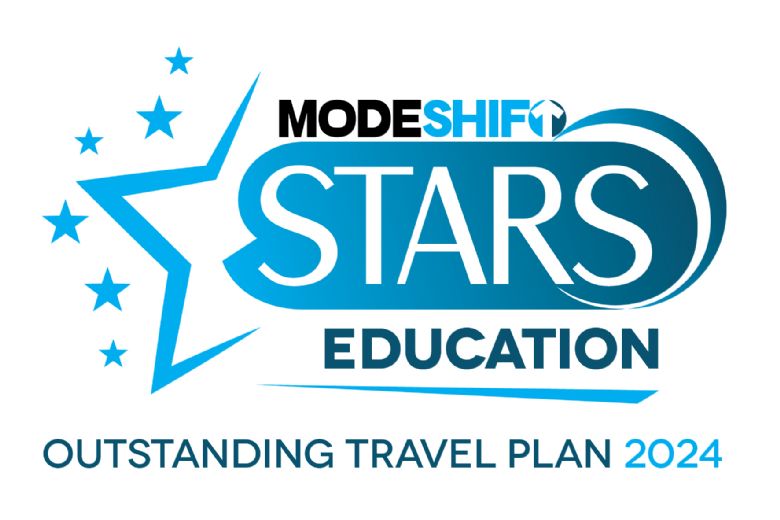Computing
"Computers are incredibly fast, accurate and stupid; humans are incredibly slow, inaccurate and brilliant; together they are powerful beyond imagination.”
Albert Einstein
A high-quality computing education equips pupils to use computational thinking and creativity to understand and change the world. Computing has deep links with mathematics, science, and design and technology, and provides insights into both natural and artificial systems. The core of computing is computer science, in which pupils are taught the principles of information and computation, how digital systems work, and how to put this knowledge to use through programming. Building on this knowledge and understanding, pupils are equipped to use information technology to create programs, systems and a range of content. Computing also ensures that pupils become digitally literate – able to use, and express themselves and develop their ideas through, information and communication technology – at a level suitable for the future workplace and as active participants in a digital world. (NC2014)
WE CAN provide teaching that develops knowledge and skills so children can learn and progress effectively
Children in the EYFS are exposed to technology through a range of learning experiences and role play opportunities.
Throughout Key Stage 1 and Key Stage 2, Computing is taught in 3 blocked units each year. Our Computing curriculum meets all requirements of the Computing National Curriculum with objectives distributed between the year bands to ensure progression.
In our Computer Science strand, children in KS1 learn simple coding to move an object, children in LKS2 develop their understanding by using sequencing and animation, while by the end of KS2 children have learnt to use complex variables.
In our Digital Literacy strand, KS1 children develop their understanding of the differences between the real world and the online world. LKS2 children learn about what should or shouldn’t be shared and by the end of KS2 they have an understanding of how to be a digital citizen.
Finally, in our Information Technology strand, lower down the school children create their own story books, while by the time they leave the school, they have created presentations, worked collaboratively online and produced their very own short film.
Computing lessons should incorporate hands-on tasks and activities using a variety of technology within real-life scenarios that tackle specific problems or needs. The important theme of e-safety should run as a priority throughout the units.
Links between subjects strengthen and support pupils’ knowledge and understanding. Cross curricular reading, writing and maths is embedded across the curriculum.
Vertical links embed learning in the same subject across year groups or units. For example, children in Year 3 apply what they learnt about inserting images in Y2 when they produce posters using an alternative publishing software.
Horizontal links link learning in the same year group with another curriculum subject. For example, when referring back to personal safety taught in PSHE during E-Safety lessons.
Diagonal links link learning in different year groups and a different curriculum subject. For example, a class teacher may choose to use a younger year group as the audience and base publishing work on a theme covered by an earlier year group.
It is important to teach skills separately, ensuring that once students have grasped the knowledge and that they can apply it across different subjects.
WE CAN offer enriching activities, event and experiences
Computing skills are often used during our Whole School Days or Junior Leaders Days either as the focus for learning or as a tool to enable children to learn about new ideas or information.
WE CAN work together to remove barriers and ensure equality
For those children who find accessing computing lessons more challenging due to their individual needs, additional support or modified tasks and apparatus may be used. The children who are most confident in using technology may be asked to share their expertise and offer peer support or modelling in computing lessons. Children in receipt of Pupil Premium funding are helped through the use of targeted questioning, differentiation and support.
WE CAN build independent and resilient learners who are able to communicate confidently
We promote opportunities for children to work as independent learners towards a planned goal in Computing lessons. In Computer Science, children are regularly required to debug or fix code that doesn’t work. This process helps to develop resilient learners with a WE CAN attitude. Children are reminded to learn from their mistakes, use their growth mindset and to keep trying. In Information Technology, pupils use communication skills to generate, present and share their ideas.
WE CAN listen to and treat each other and all members of the community with respect, tolerance and concern
Digital Literacy helps to promote the British values of respect and tolerance by exploring the links between the real and online and the idea of Digital Citizenship. Children learn that you must act online as you would in the real world. All year groups learn that positive communication and respect are as important online as in the real world.
WE CAN recognise ability, maximise potential and prepare children well for their future and life in modern Britain
Computing skills are essential for engaging in our modern world. The Computing curriculum prepares our children for their future by teaching essential life skills. The ability to research and present information will be essential for children as they move on to secondary, further education and into the world of work. An interest in Computing may lead pupils towards a career in administration, cyber security, programming, app development or network management.
Online Learning
Typing Club - A typing game for younger children
Crunchzilla - Coding games
Barclays Playground - learn to code with this interactive site
Scratch - This site is brilliant. We use 'Scratch' in some of our lessons
BBC MicroBit - Another coding website to look at
Blocky - Learn computer programming skills
Tinkercad - Design and coding
Typing Club - Learn how to touch type
ICT Games - a variety of interactive games








